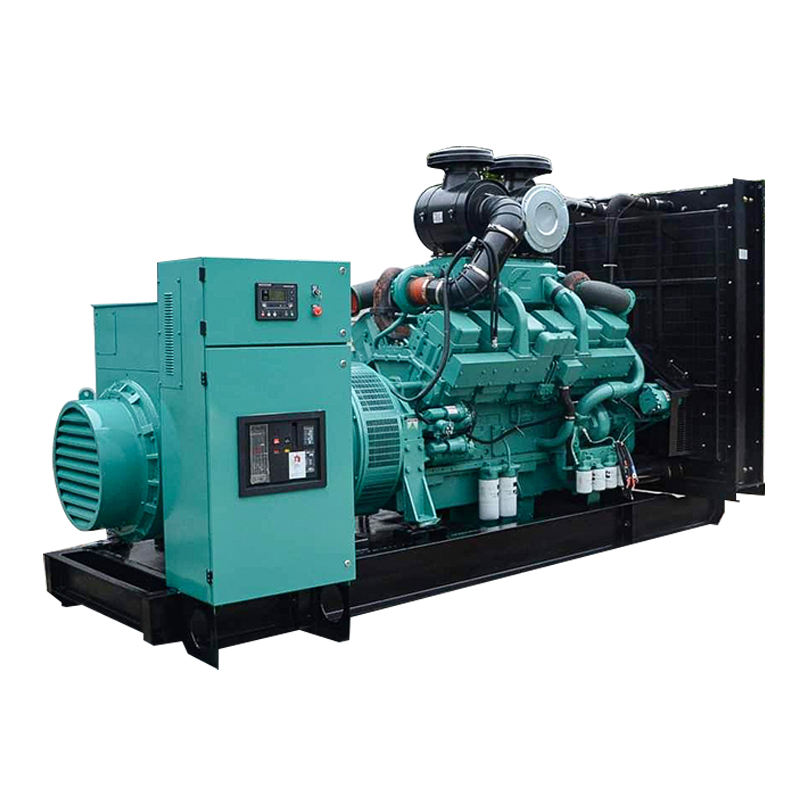The Importance of Regular Maintenance
Have you ever been caught in a power outage, only to find that your backup generator fails to start? As it turns out, regular maintenance is crucial for ensuring the reliability of your generator set. Not only does it prevent unexpected breakdowns, but it also extends the lifespan of your equipment. So, what does proper generator maintenance entail? Let's dive into some essential tips.
Routine Inspections and Testing
First and foremost, schedule routine inspections and testing for your generator set. Many experts agree that monthly checks are ideal, especially if your generator is used frequently. During these inspections, look for any signs of wear and tear, leaks, or damage. Additionally, perform a load bank test at least once a year to simulate the generator running at full capacity, helping to identify any potential issues before they become critical.
Changing Oil and Filters
Just like your car, generator sets require regular oil and filter changes to keep the engine running smoothly. How often should you change the oil? Well, it depends on the manufacturer's recommendations and the usage of your generator. Generally, you'll want to change the oil every 100 to 200 hours of operation or at least once a year. As for filters, inspect them during each routine inspection and replace them as needed.
Keeping It Clean
Interestingly enough, something as simple as cleaning your generator set can significantly impact its lifespan. Dust, dirt, and debris can accumulate and cause overheating or damage to the engine. Make sure to clean the exterior and interior of your generator regularly, paying special attention to the air intake vents, cooling system, and battery terminals.
Battery Care
Did you know that batteries are often the culprit behind generator failures? Proper battery maintenance is essential for ensuring that your generator set starts when you need it most. Check the battery voltage monthly and ensure it's fully charged. Additionally, clean the terminals and connections to prevent corrosion, and replace the battery every 3 to 5 years or as recommended by the manufacturer.
Fuel Management
Another critical aspect of generator set maintenance is fuel management. Diesel engines, in particular, can suffer from fuel degradation if left unused for extended periods. To prevent this, consider adding a fuel stabilizer and running the generator periodically to circulate the fuel. For longer storage times, you may want to drain the fuel tank and system entirely.
Practical Application: Developing a Maintenance Plan
Now that we've explored some key aspects of generator set maintenance, it's time to put this knowledge into action. Develop a comprehensive maintenance plan that includes the following steps:
Conclusion and Next Steps
In conclusion, investing in regular generator set maintenance can significantly extend your equipment's lifespan and ensure reliable power when you need it most. By following the tips outlined in this article, you'll be well on your way to developing an effective maintenance plan. So, what are you waiting for? Get started today and enjoy the peace of mind that comes with a well-maintained generator set.





